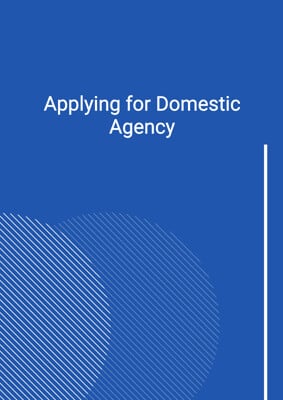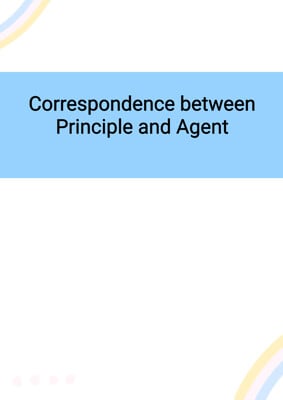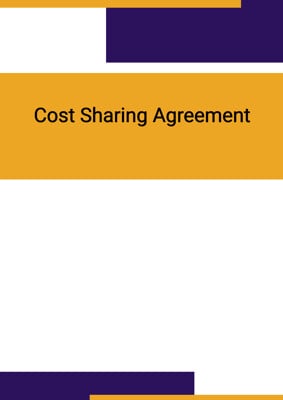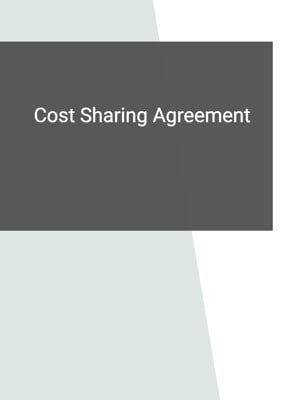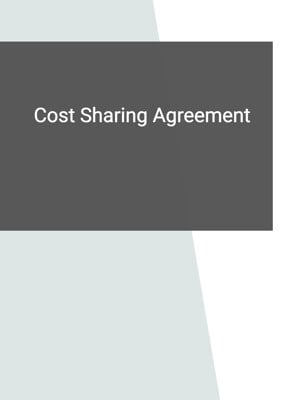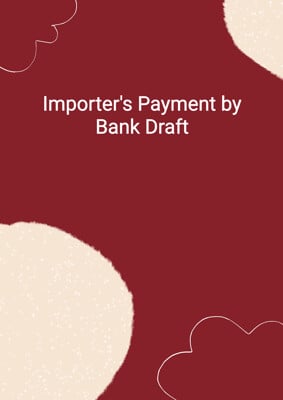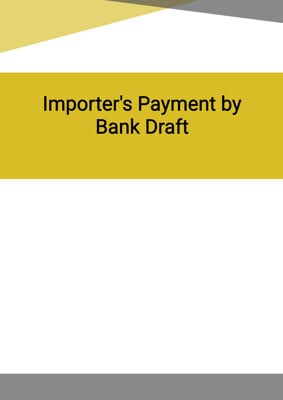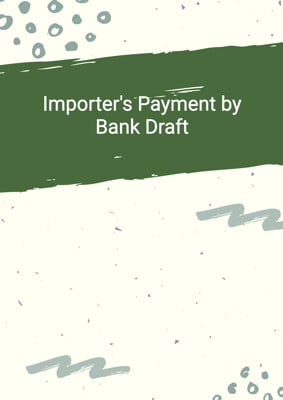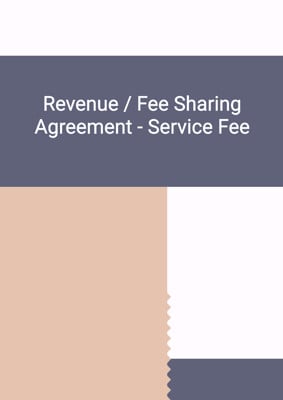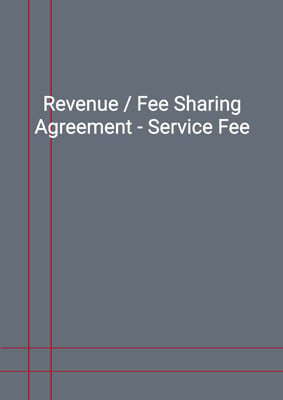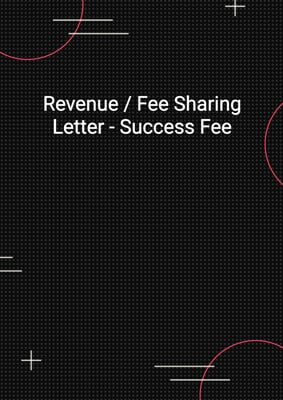How to Tailor the Document for Your Need?
01
Create Document
Click "Create Document" button and the document will be prepared with your account details automatically filled in.
02
Fill Information
Please fill in any additional information by following the step-by-step guide on the left hand side of the preview document and click the "Next" button.
03
Get Document
When you are done, click the "Get Document" button and you can download the document in Word or PDF format.
04
Review Document
Please review the document carefully and make any final modifications to ensure that the details are correct before sending to the addressee.
Document Preview
Document Description
The document titled 'Bill was Refused Acceptance' is an important document that addresses the issue of non-payment of a bill. It starts with an account of the importance of the document, which is to formally protest the non-payment and provide the recipient with a final opportunity to meet their obligations. The document consists of several sections, each serving a specific purpose.
The first section is the header, which includes the account holder's first name, last name, and job title. This information is essential for identifying the sender of the document. The next section is the account job address, which provides the address of the account holder's place of business. This information is crucial for establishing the sender's location.
The document also includes the date, which is the current date when the document is being sent. This date serves as a reference point for the recipient to know when the document was issued. The salutation 'Dear Sir/Madam' is used to address the recipient in a formal manner.
The main body of the document starts with an explanation of the situation. It states that the recipient had previously accepted the bill but failed to make the payment when it was presented. This failure to pay has led the sender to make a formal protest of the bill. The purpose of this section is to inform the recipient of their non-compliance and to provide them with an opportunity to rectify the situation.
The next section of the document outlines the specific details of the payment that is required. It includes the nominal value of the bill, which is the original amount that was accepted by the recipient. It also includes the expenses of protest, which are the additional costs incurred by the sender due to the non-payment. These details are provided to give the recipient a clear understanding of the amount they need to pay.
The document concludes with a request for payment within the next few days to avoid further legal action. The sender expresses their hope that the recipient will fulfill their obligations and make the necessary payment. The closing salutation 'Yours faithfully' is used to end the document in a polite and professional manner.
In summary, the document 'Bill was Refused Acceptance' is an important document that addresses the issue of non-payment. It provides a detailed account of the situation, outlines the specific payment requirements, and requests prompt action from the recipient to avoid further consequences.
How to use this document?
To use the document 'Bill was Refused Acceptance', follow these steps:
1. Enter the account holder's first name, last name, and job title in the designated fields at the top of the document. This ensures that the recipient can identify the sender of the document.
2. Fill in the account job address, which is the address of the account holder's place of business. This information is necessary for establishing the sender's location.
3. Replace the 'current date' placeholder with the actual date when the document is being sent. This serves as a reference point for the recipient.
4. Address the recipient as 'Dear Sir/Madam' to maintain a formal tone throughout the document.
5. In the main body of the document, explain the situation clearly and concisely. State that the recipient had previously accepted the bill but failed to make the payment when it was presented.
6. Provide the specific details of the payment that is required. Include the nominal value of the bill, which is the original amount that was accepted, and the expenses of protest, which are the additional costs incurred due to the non-payment.
7. Conclude the document by requesting payment within the next few days to avoid further legal action. Express hope that the recipient will fulfill their obligations.
8. End the document with the closing salutation 'Yours faithfully' to maintain a professional tone.
By following these steps, you can effectively use the document 'Bill was Refused Acceptance' to address the issue of non-payment and request prompt payment from the recipient.
Not the right document?
Don’t worry, we have thousands of documents for you to choose from:


